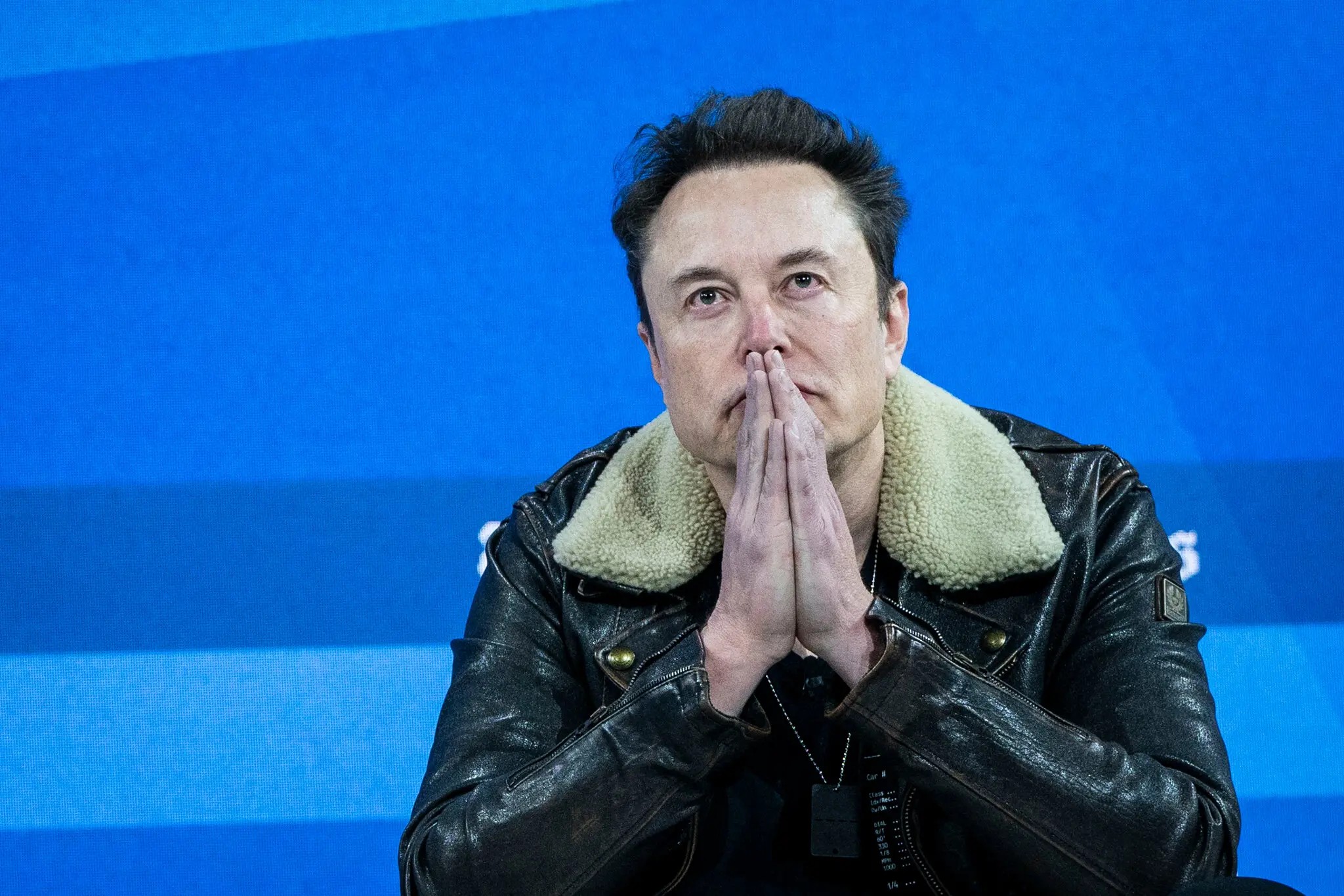
Por Contxto
January 25, 2024
As its stock value sharply declines, erasing approximately $130 billion in market capitalization, the company confronts a pivotal moment. Shares dropped about 8 percent in premarket trading following the company’s year-end results, which failed to meet expectations.
Despite a near doubling of fourth-quarter profits to $7.9 billion, largely due to a one-time tax benefit, Tesla’s announcement of potentially slower sales growth has raised concerns. The company avoided detailed full-year guidance, indicating expectations of “notably slower” growth. This cautious outlook hints at an end to the era of 50 percent or even 30 to 40 percent annual growth rates.
Musk, maintaining an optimistic stance, forecasts a “major growth wave” beyond 2024, backed by a low-cost Tesla model partially manufactured in Austin, Texas, and Mexico. However, Wall Street remains skeptical of Tesla’s future prospects.
Adding to the uncertainty, Musk has recently pushed for a significant increase in his Tesla shareholdings, from 13 percent to 25 percent. This move, coupled with his threat to divert efforts to new artificial intelligence products “outside of Tesla” if the board doesn’t comply, has alarmed investors. Musk’s demand for more shares risks diluting existing shareholder stakes and raises questions about the future direction of Tesla’s AI initiatives, a key driver of investor interest.
Musk defends his push for more shares as a safeguard against “random shareholder advisory firms” and activist interference with “strange ideas.” Nonetheless, this strategy has intensified the challenges Tesla faces as it grapples with a competitive EV market, pricing pressures, and evolving investor expectations.